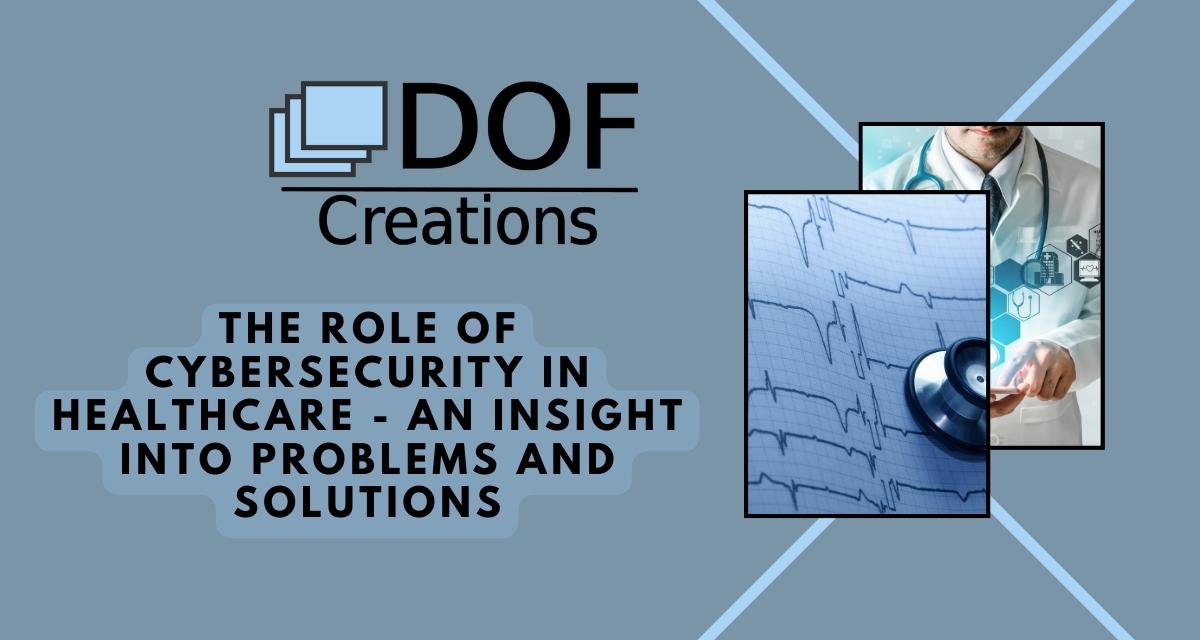Technology has reshaped medicine and healthcare, just like it has for every industry. But only a few industries have the same high stakes cybersecurity concerns that healthcare providers do (looking only at first responders and dispatch centers). Patient records, treatment plans, and medical devices are all managed and operated through computer systems. And in hospitals and clinics across the Country, countless providers have had lifesaving services interrupted or entirely halted because of successful breaches.
As cybersecurity threats in the healthcare industry have become increasingly prevalent, the level of devastation and chaos for both patients and healthcare organizations has increased too. According to a report by the Identity Theft Resource Center, the healthcare industry accounted for 42% of all data breaches in 2020. Beyond the financial implications, such as legal fees and fines, the reputational damage can be devastating, as well as the potential loss of patients and billings.
Ransomware attacks, and the theft of files or loss of access to entire organizational systems, can cripple operations.
What was once seen only in movies is now something that can happen at any time with just a few clicks of a mouse to take advantage of an organization’s poor planning. These catastrophic impacts are being seen in the real world more frequently, and what was once only a nightmare is now tomorrow’s news.
Read this story about a recent cybersecurity incident at Tallahassee Memorial HealthCare.
How can we minimize these severe risks?
To mitigate the risks associated with cybersecurity breaches, healthcare organizations must implement robust security measures. One of the most effective measures is to ensure that all systems are up to date with the latest security patches and software updates. This can help prevent vulnerabilities that hackers can exploit. Unfortunately new exploits are being discovered almost daily and keeping pace with this patching schedule can be challenging.
Healthcare organizations must also educate their employees on cybersecurity best practices. Simple actions such as not clicking on suspicious links or emails can go a long way in preventing attacks. Additionally, organizations can implement multi-factor authentication and strong password policies to protect against unauthorized access. Another critical component of cybersecurity in healthcare is the regular testing and auditing of systems. This can help identify weaknesses and vulnerabilities before they are exploited by attackers.
Some of these elements fit into the modern strategy of Defense-in-Depth (DiD)
Because no single solution will cover every base, layering a variety of solutions, resources, and policies together is a powerful option to reduce exposure and increase organizational safety. DiD ensures that your security strategy is constantly evolving. You can’t stand flat-footed in today’s cybersecurity landscape because the pace of change is warp speed.
Cybersecurity is an essential component of healthcare today. The risks associated with cybersecurity breaches can have devastating consequences, impacting patients, the organization, and the bottom line. Healthcare organizations must implement robust security measures and partner with experienced cybersecurity providers such as DOF Creations to ensure maximum protection. Connect with a cybersecurity team member today.



